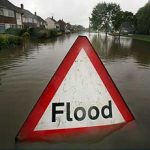Cath has been writing cutting edge and hard hitting articles or blogs for various magazines and websites over the years. Read them all here.

Testing for coronavirus in wastewater – a game changer in the fight against Covid-19? – Cath Hassell, World
We all know that Covid-19 is a respiratory illness and you catch it by inhaling infected droplets, but can the virus that causes it (SARS-CoV-2) be found in wastewater and if so is that a good or a bad thing? Spread of Covid-19 in water SARS-CoV-2 has been detected in the faeces of some patients diagnosed with the disease, although the amount of virus shed in stools, for how long the virus is shed, and whether the virus in stools is infectious is not yet known. The risk of transmission of the virus from the faeces of an infected
Read more
Read more

Sustainable Water after a Brexit – what would it mean for the UK
Cath asks what effect would a Brexit vote have on sustainable water legislation in the UK, and concludes that we should stay in.
Read more
Read more
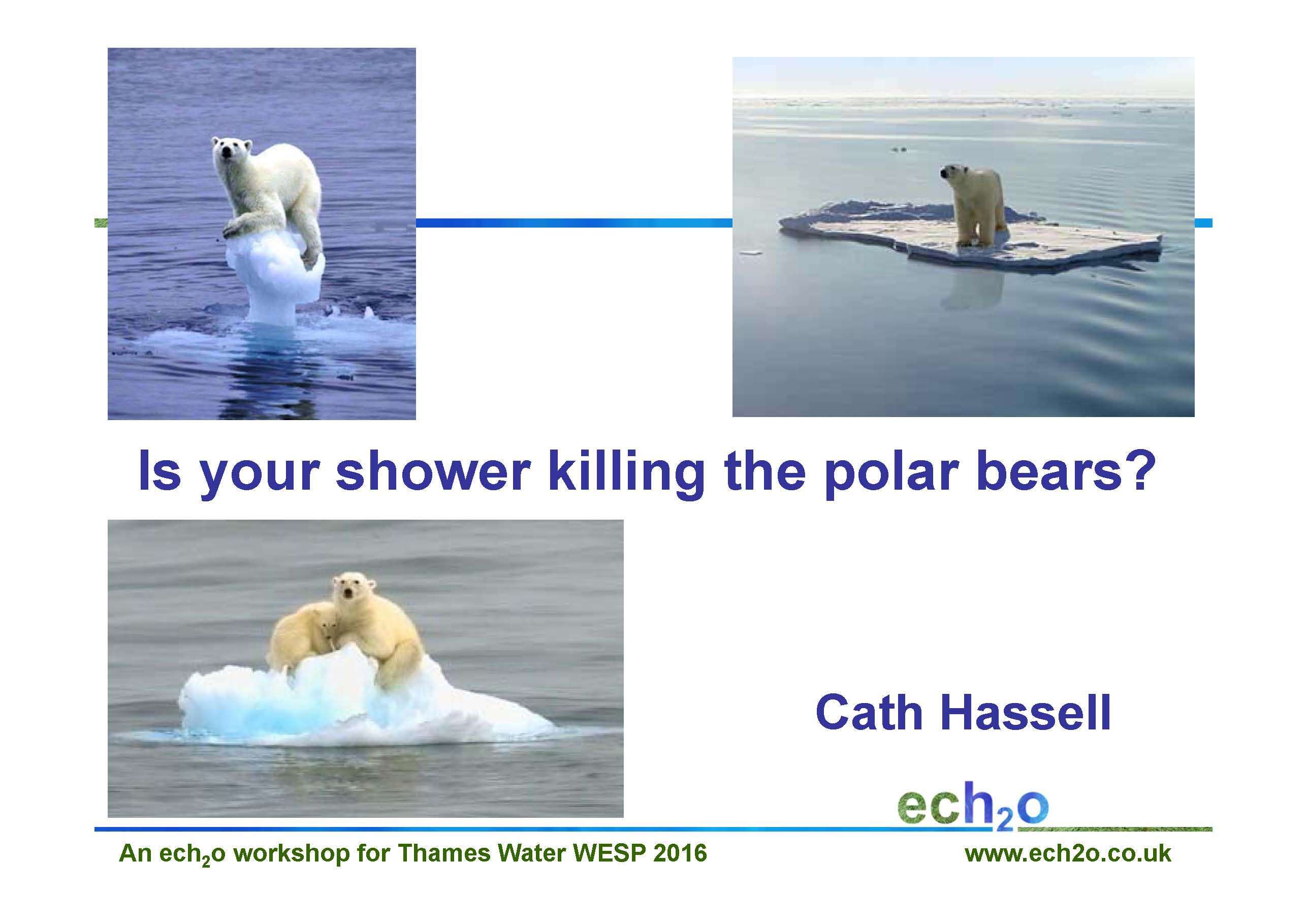
Gudge theory – the new tool to get adolescents to shower shorter?
Cath explains ech2o's concept of 'gudge thoery' and finds out what will incentivise adolescents to get out of the shower quicker
Read more
Read more

Time for passive house designers to address hot water demand
The PassivHaus standard has been instrumental in driving forward massive reductions in the energy required to heat a building. But it doesn’t address hot water demand. Cath thinks it should… Cath writes for passivehouse+ magazine
Read more
Read more

Leaky Loos – a cool alliterative title for a serious problem
Since internal overflows were allowed under the revised Water Regulations of 1999, a failing ball valve is no longer identified by a dripping (or running) overflow but merely runs to waste down the back of the WC cistern. A good thing surely? Well actually No, as Cath explains.
Read more
Read more
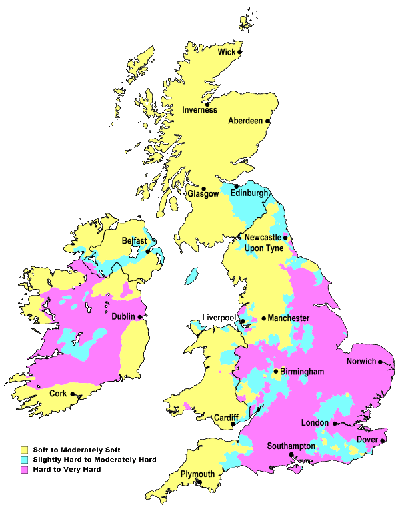
Water softening – how best to do it?
This quarter’s column looks at where and why hard water forms in the UK, what on-site solutions are available and asks whether we should follow the Dutch example of centrally softening mains water.
Read more
Read more

Total Washroom Control – An answer to water wastage in schools
Cath considers how total washroom control has the potential to save large amounts of water in the education sector.
Read more
Read more

Legionella – the risks and the solutions
Cath discusses the risks from Legionalla and ways of ensuring that it is less of a problem.
Read more
Read more
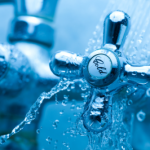
Washing Hands in Cold Water
Despite what it says in the Building Regulations, Cath argues the case for hand washing facilities in all public toilets to be cold water only to save on carbon emissions, without any detriment to health.
Read more
Read more
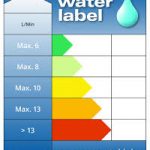
Finally – a water fittings standard for the UK?
Cath gives the inside story on how the UK Govt has proposed that a water fittings standard may soon be deemed to comply with the water efficiency requirement for new homes.
Read more
Read more

Getting the facts right – why empirical data matters
Cath argues that in the face of overwhelming evidence that certain key ‘facts’ about water use are wrong, we need to use robust and properly evidenced data when calculating the savings from water efficient upgrades, or estimating household water usage.
Read more
Read more
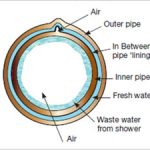
Wastewater heat recovery – a better option than greywater recycling?
Cath collects greywater from her shower and uses it to water her garden but discusses whether a better idea for mass roll out is harnessing the heat in wastewater as it runs to drain.
Read more
Read more

A smarter way to use rainwater
Cath argues that it is important to decouple stormwater from the sewers, but that installing rainwater harvesting in new dwellings is not the solution.
Read more
Read more

Natural Swimming Pools – Environmental Nirvana?
Cath critically appraises the environmental advantages of natural swimming pools after being asked to include one in a recent project.
Read more
Read more

Was it an Olympic record for water use?
Cath investigates whether the Olympic Park delivered on its target to reduce water use by 40%
Read more
Read more
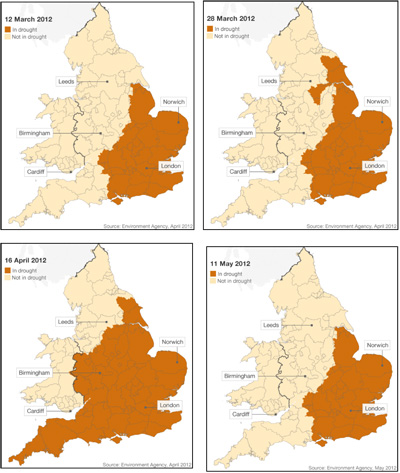
The wettest drought on record or why we need to be smarter about water…
Cath talks about the "wettest drought on record”.
Read more
Read more
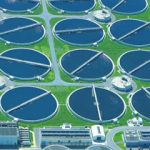
Sewage treatment – what you should know…
Cath links water poverty, surfers against sewage, and decoupling stormwater from the sewers following a trip to Brighton.
Read more
Read more

Changing the way we pay for water
Cath looks at how the way we are paying for water in the UK is changing and what this may mean for consumers.
Read more
Read more

Drinking Our Rivers Dry – did Panorama miss the point?
Cath reviews Panorama’s investigation into over abstraction from the UK’s rivers and argues that simple behaviour change solutions can play a major role in reducing water stress in the UK.
Read more
Read more

Should you drink bottled water?
After being charged almost £3 for two small glasses of tap water in the Netherlands Cath investigates the bottled water market and the environmental effects of the industry.
Read more
Read more

Water Efficiency and Drain Carry under the revised Scottish Building Regulations
Cath evaluates the water efficiency requirements in the revised Scottish Building Regulations and welcomes the arrival of a simple and effective way to ensure self-cleansing flow rates in drains.
Read more
Read more

What’s in a word?
Cath argues that the term 'blackwater treatment' is technically incorrect and politically suspect.
Read more
Read more

The Paris sewers
The sewers in Paris are vastly different in design to those of London, yet both were conceived and built at roughly the same time. Cath highlights the differences and picks her favourite.
Read more
Read more

Changes to Part G Building Regulations
Green Building Magazine. Cath Hassell casts a critical eye over the revisions to part G of the Building Regulations, especially the requirement for “water smart” new homes.
Read more
Read more

Water and the Code for Sustainable Homes
The Code for Sustainable Homes is designed to reduce water consumption as well as CO2 emissions from a dwelling. But, as the article explains, this will not necessarily be the outcome in homes built to meet levels 5 and 6. Published in Green Building Magazine.
Read more
Read more

The Green Electricity Illusion
An analysis of why specifying electric space heating and signing up to a green electricity tariff is one of the poorest design choices an architect can make. Written with David Olivier and published in Building for a Future (now Green Building) magazine, Spring 2006.
Read more
Read more

